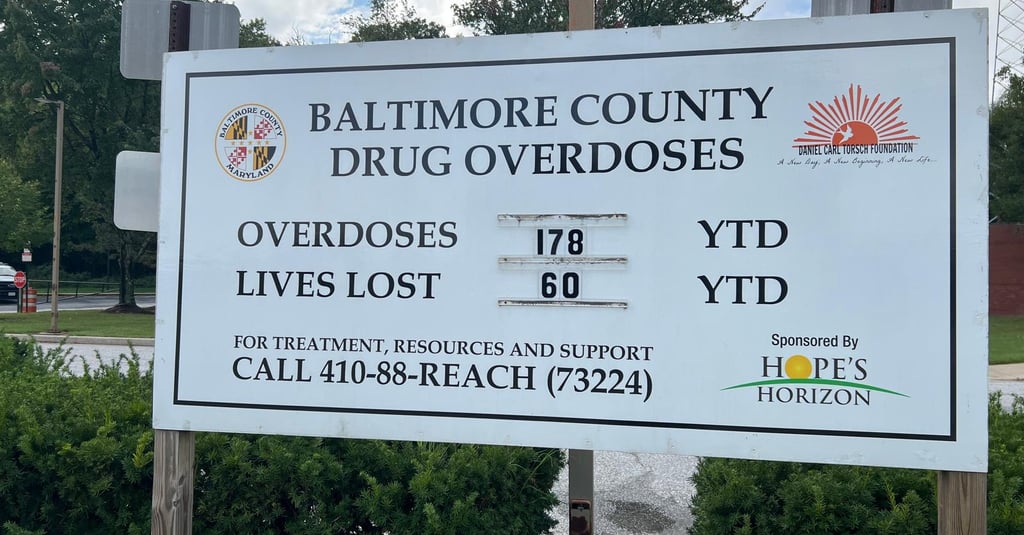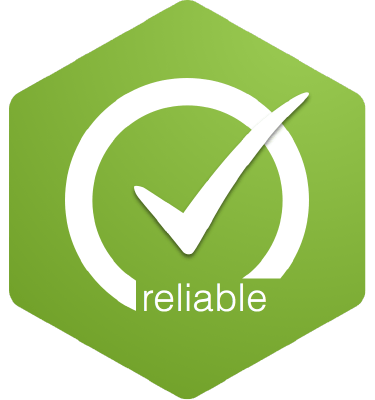178 Overdoses, 60 Deaths in Baltimore County as of September 25, 2025
Driving past a Baltimore County police precinct, I saw a sobering sign: 178 overdoses, 60 lives lost this year. Behind these numbers are families, stories, and preventable tragedies. What do Baltimore City cases look like?
Mercy Nwankama, PMHNP-BC, MSN
9/29/20251 min read


The Human Toll
On September 25, 2025, the Baltimore County Police White Marsh Precinct sign displayed 178 overdoses year-to-date, with 60 deaths. If this pace continues, the county could face 235–250 overdoses and up to 85 deaths by year’s end—figures we must work to prevent.
What About Baltimore City?
Baltimore City faces an even greater crisis. Between August 2024 and July 2025, the city recorded 563 overdose deaths, with fentanyl driving the majority. In 2023, that number topped 1,000 deaths. A mass overdose in July 2025 hospitalized 27 people in a single night. If trends persist, Baltimore City could surpass 700–900 overdoses and 150–200 deaths this year.
Why Awareness Matters
Addiction affects whole families and communities. Silence and stigma only deepen the crisis, while awareness and intervention save lives. Small actions—checking in with loved ones, recognizing warning signs, carrying naloxone—can change outcomes.
What We Do
As a psychiatric mental health clinic serving all Marylanders, we know firsthand that professional support can make the difference between despair and recovery. We work with individuals and families to address addiction, mental health challenges, and co-occurring disorders. Our focus is on compassionate care, reducing stigma, and empowering people to find healing.
If you or someone you love is struggling, I encourage you to reach out. Treatment and support are available, and recovery is possible.
Resources
Baltimore County
For immediate help in Baltimore County, call 410-88-REACH (73224). This hotline connects individuals and families to treatment, resources, and lifesaving support.
Baltimore City
In Baltimore City, you can call 988 for support, 24 hours a day, 7 days a week.
A Call to Act
Drug overdose is a public health emergency, but not an inevitable one. Together, through compassion, awareness, and connection to care, we can save lives—and prevent these numbers from climbing higher.

Home | About Us | Our Services | Blog | Terms & Conditions | Privacy | Telehealth | Forms & Resources | Appointments | Log In | Site Map | Contact Us
BY APPOINTMENT ONLY | NO WALK-IN
BEST WAY TO CONTACT US
Sign In to your account or Fill out the Contact Form or Appointment Form
or
Send us an Email at admin@jolclinic.com
Tel: (410) 231-3118 | Fax: (410) 262-6911
PATIENT RECORDS
To request your patient records, please sign in or go to the patient records information page.
Copyright © 2024 by the Joy of Life Clinic LLC.
4900 Belair Road
Baltimore MD 21206






